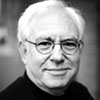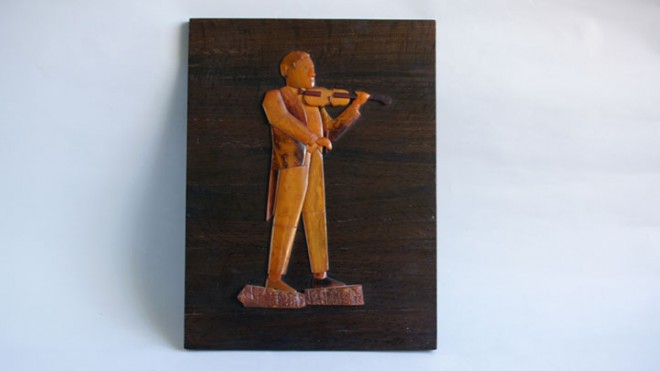 MISHA FURMAN (67) left Lithuania in 1969 and came to the Netherlands via Israel. He plays with the Rotterdam Philharmonic Orchestra and teaches at the Rotterdam Conservatory, among other things.
MISHA FURMAN (67) left Lithuania in 1969 and came to the Netherlands via Israel. He plays with the Rotterdam Philharmonic Orchestra and teaches at the Rotterdam Conservatory, among other things.“When I was five, I wanted to play the violin. My mother didn’t know what to do with me: she had to take care of me alone. My father had been arrested by the KGB and was now a political prisoner far away in Russia, somewhere near the Volga River.
She sent a letter to my father in prison, saying I had gone mad and wanted to play the violin. Several weeks later we received an envelope from my father that contained money for a violin. He was a hairdresser and had made extra money cutting officers.
I started taking lessons from that moment. I attended two schools: elementary school and music school. Know that musical schools in the Soviet Union were very good. It was the only advantage of the Soviet system. Teachers are extremely strict, but all the best musicians are from Eastern Europe. In the Netherlands, kids are allowed to play soccer, practice judo, and play an instrument. Lithuania was more serious in that respect: playing the violin meant playing the violin.
My parents had been trying to get an exit visa since 1956. They wanted me to grow up in freedom. Only thirteen years later, in 1969, did they receive one. My mother called me. We were free to go.
I stayed awake all night. I knew what I was doing in Lithuania: I was in my fourth year at the conservatory and had been asked to join an orchestra.
Of course I packed my violin for the trip, as well as this amber piece of art from the Baltic Sea. It’s typically Lithuanian. It was a present from my music teacher of six years Matiukas.
But upon arrival at the border, they took my violin. The amber artwork I could keep.
On the first night, we arrived in Budapest – it’s where I saw toilet paper for the first time in my life. We traveled to Israel from there, and I later came to the Netherlands. The freedom, the unbelievable range of products. I thought I was in Paradise. The only that disappointed me was Coca-Cola. It tasted like soap.
I look at the piece of art every single day. It reminds me of my music lessons and how my teacher has supported me all those years.”
